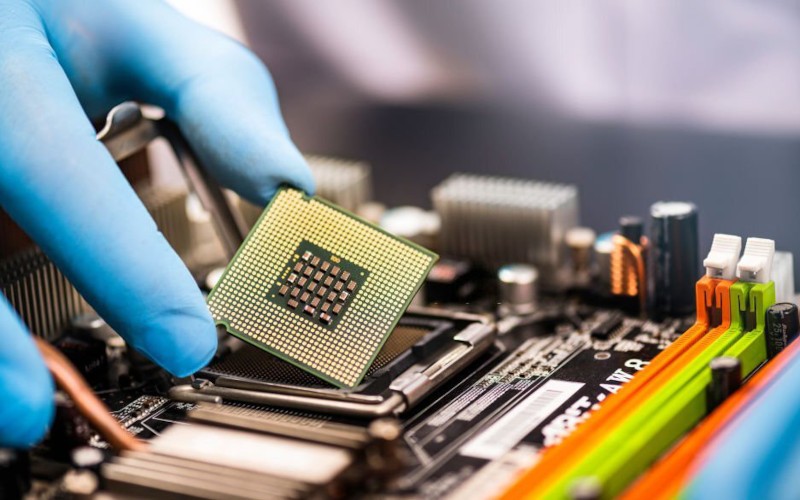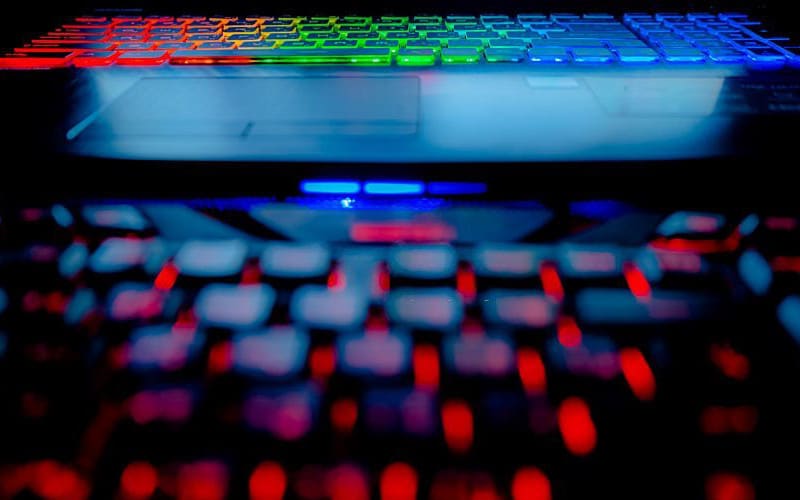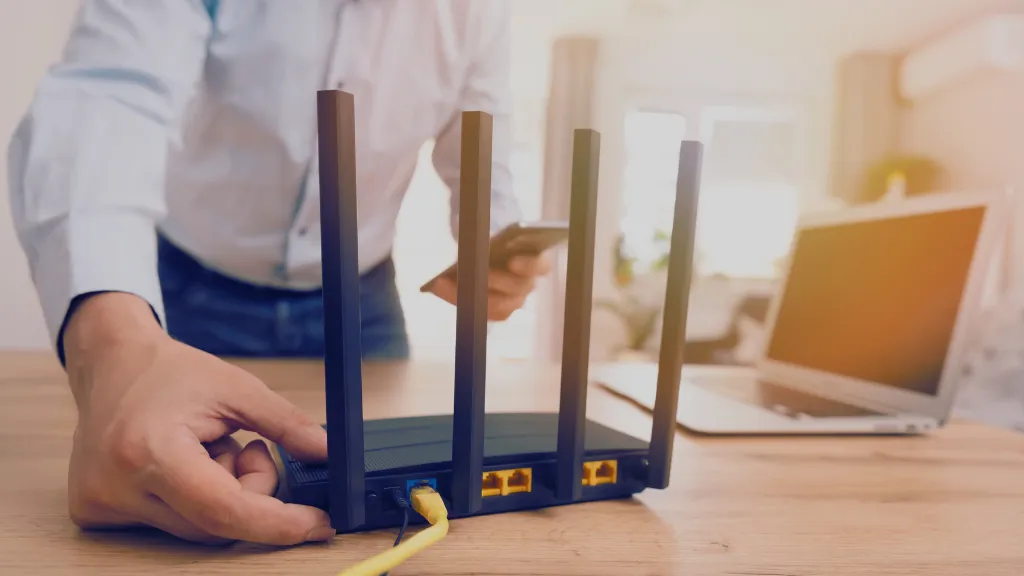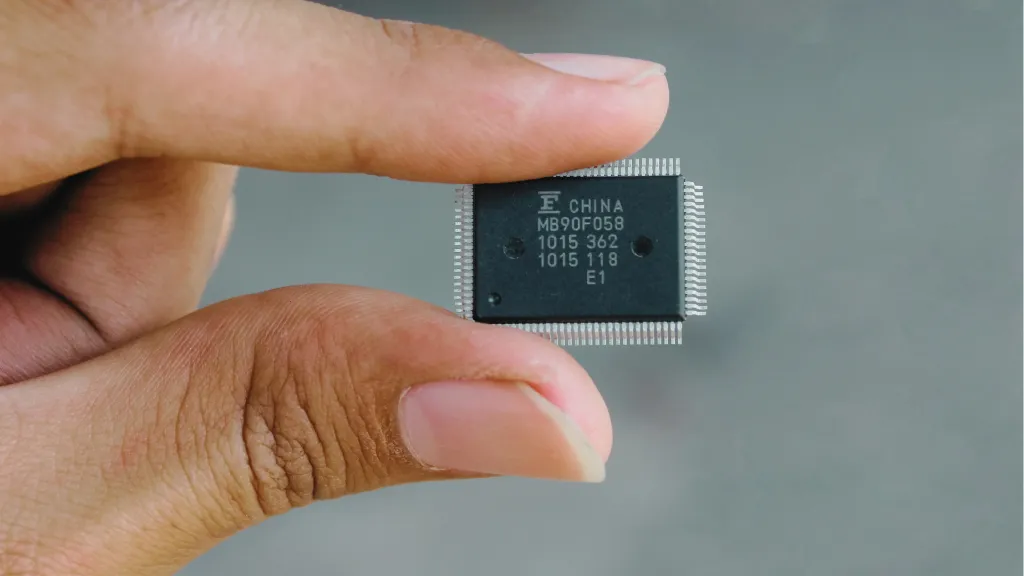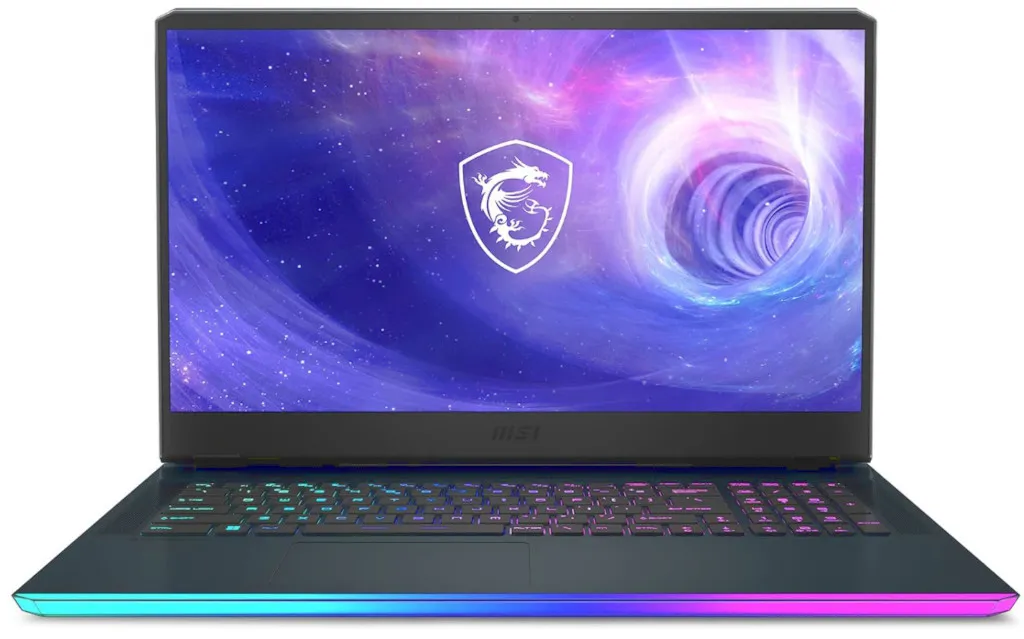In the world of technology, there are two main types of processors that people tend to talk about: RAM and CPU. But what’s the difference between them? And which one is more important?
What is RAM?
RAM, or Random Access Memory, is a type of processor that helps your computer run applications. When you open up a program, it loads into RAM so that the CPU can access it.
RAM is fast and temporary, which means that it’s a good place to store data that you need to access quickly. This makes it ideal for tasks like opening programs and loading files. However, it’s also volatile, which means that it will lose all its data if the power goes out.
Related: VRAM vs RAM
How Does RAM Work?
Unlike storage devices, which keep data even when the power is turned off, RAM (random access memory) is only used for actively accessed data or data that is about to be overwritten.
This makes RAM much faster than storage devices, as data can be accessed almost instantly. However, it also means that any data stored in RAM is lost when the power is turned off.
In terms of connection, RAM plugs directly into the motherboard, which allows for incredibly fast data transfer speeds.
What is a CPU?
A CPU, or Central Processing Unit, is the main type of processor in a computer. It handles all the instructions that come from the software, and it carries out the calculations that are needed to run the program.
It is the “brain” of the computer, and it handles tasks like processing data and executing commands.
How Does a CPU Work?
A central processing unit, or CPU, is the brain of a computer. It works by processing and decoding instructions received from random access memory or RAM. After an operation is performed, the CPU quickly fetches the next set of instructions.
A processor will repeat this cycle to perform complex functions like running a game, program, or even your operating system. The CPU is also responsible for determining which data needs to be moved from long-term storage, like a hard drive, to RAM for each specific task.
A common misconception is that CPUs are responsible for video performance, which is not the case. GPUs are better suited for this purpose. Video cards are designed to process and render images much faster than CPUs can.
While a CPU might be able to handle some basic video tasks, it would be quickly overwhelmed if it were tasked with rendering complex 3D scenes or playing high-resolution video. For this reason, most computers now come with both a CPU and a GPU.
The CPU handles the general tasks of running the computer, while the GPU takes care of anything that requires rapid image processing. This division of labor helps to keep both components running at peak efficiency.
What is the Difference Between RAM and CPU?
When it comes to computing power, there are two key components: the RAM and the CPU. In contrast, a CPU (Central Processing Unit) is responsible for more complex operations.
However, this comes at a cost: CPUs are slower than RAM, and they can’t be used to store data. Instead, they rely on permanent storage devices like hard drives and SSDs.
So when it comes to choosing between RAM and a CPU, it really depends on what you need from your computer. If you want operations that support multitasking, go for RAM. If you need power, go for a CPU.
RAM vs CPU: Which is Better?
RAM is an important component in any computer, but it is not the only factor that determines performance. RAM is responsible for storing data that is actively being used by the computer, and it can transfer data very quickly.
However, other components such as the processor and video card also play a role in performance. In order to get the most out of your computer, it is important to have a good balance of all components.
A powerful processor will not be able to reach its full potential if it is paired with slow RAM. Likewise, fast RAM will not help much if the processor is slow.
Therefore, it is important to consider all components when choosing a new computer or upgrading your existing one. With a little research, you can find the perfect balance of components for your needs and budget.
It really depends on what you’re using your computer for. If you’re just browsing the web or doing some light word processing, then you don’t need a lot of RAM or a powerful CPU. However, if you’re doing something more intensive, like video editing or gaming, then you’ll need more of both.
How Much RAM Do I Need?
This is a difficult question to answer because it depends on what you are using your computer for. If you are just browsing the web or doing some light word processing, then you won’t need a lot of RAM. However, if you are doing something more intensive, like video editing or gaming, then you will need more RAM.
As a general rule, 8GB of RAM should be enough for most users. However, power users and gamers may want to consider 16GB or more.
Is 16GB Of RAM Good For Gaming?
The simple answer is yes. 16GB of RAM is enough for most games, and it will allow you to multitask without any issues. If you are a power user or if you plan on streaming games, then 32GB of RAM would be a better choice.
Is the RAM in the CPU?
The RAM is connected to the CPU via the memory bus. The bus consists of data lines, address lines, and control lines. The data lines are used to carry information between the RAM and the CPU.
The address lines are used to tell the RAM which location contains the data that the CPU needs. The control lines are used to send commands from the CPU to the RAM, such as read or write.
The RAM is located on a memory module that plugs into the memory slot on the motherboard. The memory slot is also connected to the CPU via the bus.
Conclusion
In the end, it’s important to have a balance between RAM and CPU. If you have too much of one and not enough of the other, your computer won’t be able to perform as well as it could.

